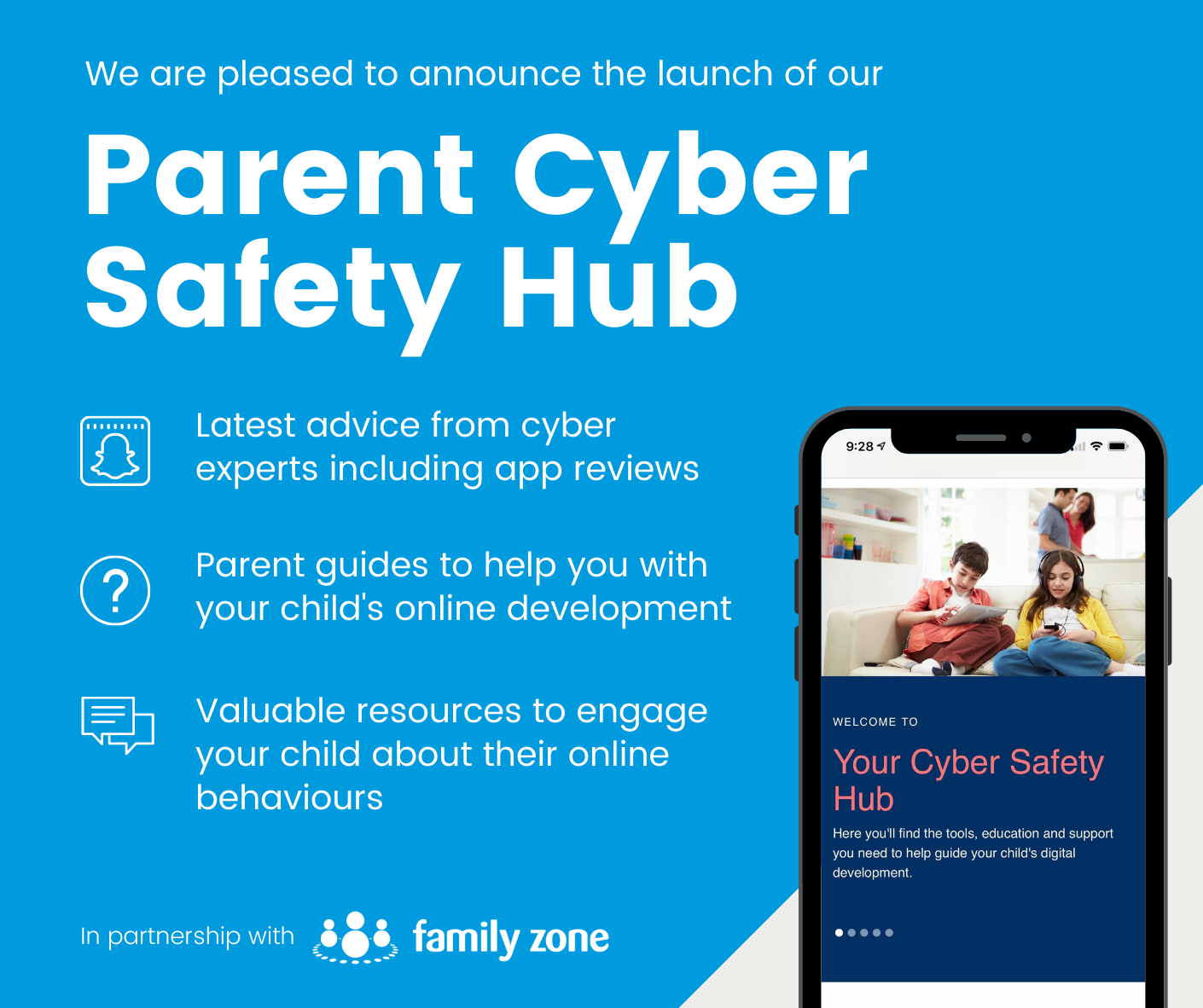Cyber Safety

Sick of being the screen-time bad guy?
“Parenting a child in the digital age is an adventure in creativity,” says leading digital safety expert Dr. Elizabeth Milovidov.
But the most important tool in the digital parenting toolbox is also the most basic: the ability to listen and respond with openness.
Sounds simple, doesn’t it? But as Milovidov well knows - the digital safety manager for the LEGO group also happens to be mum to an 11-year-old - the reality is, kids’ pester-power can wear out even the most positive parent.
Even if you’re an “expert.” Maybe especially if you’re an “expert”!
Why can't I have TikTok?
So when her son asked her for the umpteenth time “Why can’t I have TikTok? All the other kids have it,” Milovidov needed to take a cleansing breath. It wasn’t as if they hadn’t discussed this as a family - multiple times.
“We discussed why underage kids should not have access to age-specific accounts, until they reach that specific age. We came to a family agreement. We checked all the boxes, and here I sat (again!) having to be the bad guy …”
She relates how she listened carefully - again! - to her son’s pleas to be allowed to watch the TikToks his friends send to him. Only this time, she came up with a creative compromise.
How about you forward the videos to your older brother, or to me? she suggested. That way we can watch them together and use them “as a teaching moment on what is cool and not so cool to post.”
The simple act of listening - and allowing your own response to be more flexible than a simplistic “Say No to TikTok!” - sends its own important message to your child.
A perfect solution? Probably not. And maybe her son will push back on it sooner rather than later. But the simple act of listening - and allowing your own response to be more flexible than a simplistic “Say No to TikTok!” - sends its own important message to your child.
Be kind and stay connected
Milovidov urges digital parents to be kinder to themselves, and to be proactive about seeking advice and inspiration.
“We are the first generation of parents to deal with these issues,” she says, “which is why I give myself permission to get creative, to ask other parents what works for them, to read up on best practices and to fine-tune my own family media strategies.”
As for those all-important “connected conversations,” Milovidov offers parents six tried-and-true tips for getting kids to open up:
- When you begin a conversation, make sure that everyone is fed, rested and in a relatively good mood. Oh, and maybe instead of starting the dinner conversation with “How was your day?” change it up and ask, “How was your online day?”
- Listen, really listen, to what your child is saying, sharing and feeling. “Mirroring” can help ensure you’ve heard correctly - and will show your child how closely you’re attending to his words. For example, “You’re frustrated that your friends have TikTok, and you don’t. Is that what you’re saying?”
- Try to understand what else may be going on, and keep in mind that being a part of online activities with peers is today’s way of connecting and hanging out. By the later tween years, your child’s online life truly is her social life. For her, it’s not just exclusion from a platform or game - but possibly exclusion from a peer group.
- It is ok to change your mind after an engaging conversation where you as a family have weighed the options. Maybe you need to play the game or access the site alongside your child before deciding.
- Your tween/teen may be more likely to respect your guidance when you show them that you respect their opinion. Make an effort to brainstorm rules together, and devise solutions you can both agree on.
- Ask other parents about what works for them. There is not a digital parent alive who has all the answers - but most of us have some of them. Crowdsourcing is your best friend for coming up with strategies that will work for your family.
Reference: https://www.familyzone.com/anz/families/blog/sick-of-being-screen-time-bad-guy
Cyber Safety Hub
We are delighted to introduce you to a new resource made available to you through our partnership with Family Zone - our new school Cyber Safety Hub.
As you may already be aware, our partnership provides your family with access to the Family Zone tools to use at home with your children if you wish. The purpose of the Cyber Safety Hub is to complement those tools with practical guidance and information to further support you in engaging with your children in their digital development. These tools and resources also allow the school and parent body to work together on creating a holistic approach to guiding each student's online journey.
About the Parent Cyber Safety Hub
The Cyber Safety Hub includes resources to help your family better understand the different Family Zone tools available to you and how to use them, plus access to regular cyber safety events to help you stay informed about the latest digital trends.
Also, the Cyber Safety Hub provides expert advice from leading cyber experts, ySafe, on the most pertinent issues and frequently asked questions around platforms like TikTok, Fortnite, Instagram, and more. There are app reviews with age and safety recommendations, along with a range of guides to help ensure healthy boundaries around screen-time & gaming, plus step-by-step instructions for using parental controls and filtering out inappropriate content.
We are very excited to be able to offer you this level of expertise and support. We look forward to working closely with you as we develop the cyber safety conversation within our school community.


